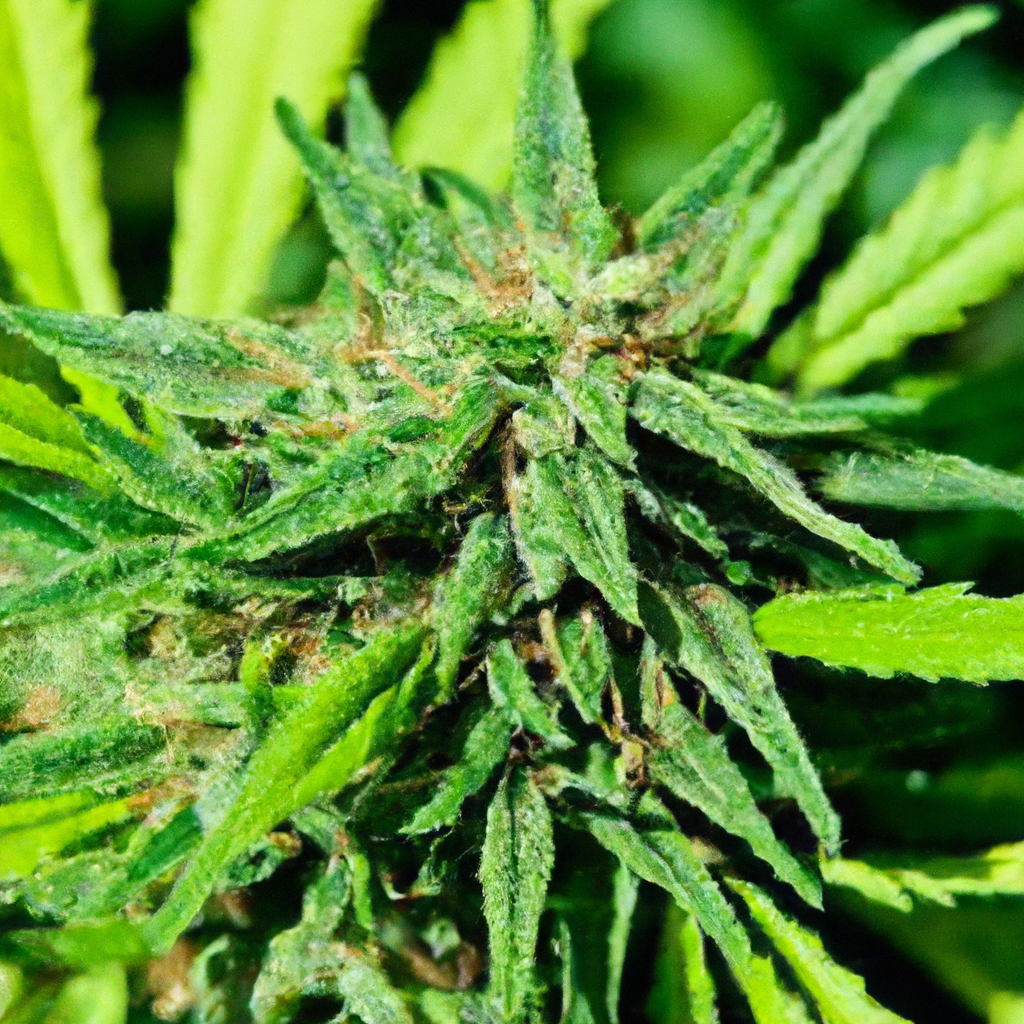Your cart is currently empty!
As the cannabis industry continues to grow, the demand for organic cultivation practices has surged. More growers and consumers are recognizing the benefits of chemical-free cannabis, both for the environment and personal health. This guide explores best practices for organic cannabis cultivation, focusing on natural fertilizers, compost, and sustainable pest control.
Building Healthy Soil Ecosystems
The foundation of any organic growing operation is rich, fertile soil. Here are some essential steps:
- Composting: Incorporate natural compost into the soil to enhance nutrients and improve soil structure. Homemade compost from kitchen scraps and yard waste is an excellent option.
- Cover Crops: Use plants such as clover or vetch to improve soil fertility. These cover crops fix nitrogen into the soil, promote biodiversity, and prevent erosion.
- Beneficial Microbes: Introduce mycorrhizal fungi and beneficial bacteria to aid in nutrient absorption and disease resistance.
Natural Fertilizers for Optimal Growth
Instead of relying on synthetic fertilizers, use natural alternatives that promote sustainable growth:
- Bone Meal: A rich source of phosphorus, essential for budding and flowering stages.
- Alfalfa Meal: Provides a slow release of nitrogen, beneficial for cannabis plants during their growth cycle.
- Fish Emulsion: A liquid fertilizer derived from fish waste, offering a balanced mix of essential nutrients.
Sustainable Pest Control
Pest management in organic cultivation requires innovative yet natural approaches. Here are a few:
- Companion Planting: Grow pest-repelling plants such as marigolds and basil alongside cannabis. They can deter insects naturally and improve growth.
- Neem Oil: Derived from the seeds of the neem tree, this oil is effective against many pests like aphids and spider mites without harming beneficial organisms.
- Beneficial Insects: Introduce ladybugs and predatory mites to control pest populations.
Promoting Sustainability
Embedding sustainability into your growing operations not only benefits the environment but enhances your product’s market appeal:
- Water Conservation: Utilize drip irrigation systems to reduce water wastage.
- Renewable Energy: Consider using solar power to minimize the carbon footprint of your growing operations.
Conclusion
By implementing these organic cultivation practices, growers can produce high-quality cannabis that appeals to environmentally conscious consumers. Building a healthy soil ecosystem, using natural fertilizers, and adopting sustainable pest control methods not only preserve environmental integrity but also pave the way for clean, potent cannabis crops.
As the industry moves toward more sustainable practices, embracing organic cultivation is a step towards a healthier planet and consumer base.
Tags: Organic Growing, Natural Cultivation, Compost, Pest Control, Sustainability
Discover more from Magic Clones
Subscribe to get the latest posts sent to your email.


Leave a Reply